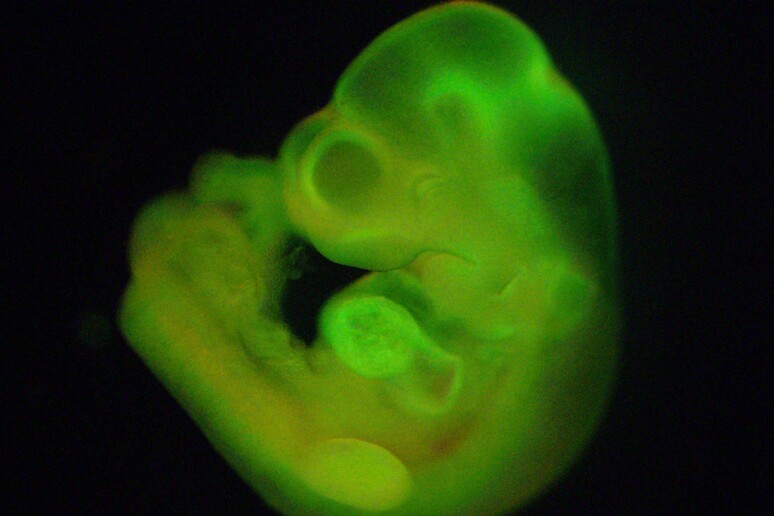The Constitutional Court on
Tuesday rejected a motion to hear testimony from expert
witnesses in the case of a couple wishing to donate their
non-viable embryos to science.
Italian law on assisted fertility treatments forbids using
embryos for research purposes under any circumstances
whatsoever.
The couple has appealed for the ban to be lifted after
several cycles of assisted fertility treatment resulted in
severely damaged embryos.
Last November the Constitutional Court ruled that a ban on
selecting embryos for fertility treatments to avoid the
transmission of some serious diseases was illegitimate.
Screening and selecting embryos for grave genetically
transmitted diseases is not a crime, the court said.
However, the Court upheld a ban on suppressing embryos
carrying such diseases.
The Court was ruling on objections raised to Italy's Law 40
approved in 2004, which bans assisted fertility treatments using
eggs or sperm from anonymous donors, IVF treatments for same-sex
couples, surrogate motherhood and suppressing embryos.
The European Court of Human Rights in Strasbourg in 2012
had already rejected the law, saying it went against two
provisions in its convention for the protection of human rights.
Italy's Constitutional Court in April 2014 lifted the ban
on anonymous donor IVF.
ALL RIGHTS RESERVED © Copyright ANSA











